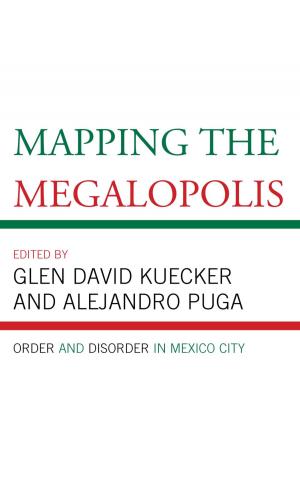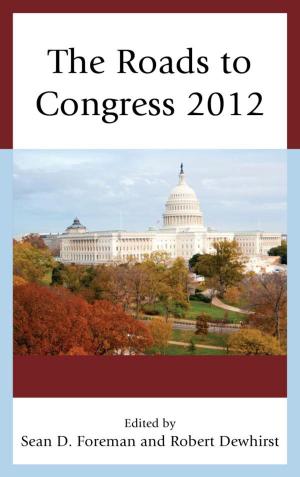Reading Colonial Korea through Fiction
The Ventriloquists
Nonfiction, History, Asian, Korea, Fiction & Literature, Literary Theory & Criticism| Author: | Kim Chul | ISBN: | 9781498565691 |
| Publisher: | Lexington Books | Publication: | March 15, 2018 |
| Imprint: | Lexington Books | Language: | English |
| Author: | Kim Chul |
| ISBN: | 9781498565691 |
| Publisher: | Lexington Books |
| Publication: | March 15, 2018 |
| Imprint: | Lexington Books |
| Language: | English |
Reading Colonial Korea through Fiction is a compilation of thirteen original essays which was first serialized in a quarterly issued by the National Institute of Korean Language, Saekukŏsaenghwal (Living our National Language Anew) in a column entitled, “Our Fiction, Our Language” between 2004 to 2007. Although the original intent of the Institute was to elucidate on important features particular to “national fiction” and the superiority of “national language,” instead Kim Chul’s astute essays offers a completely different reading of how national literature and language was constructed. Through a series of culturally nuanced readings, Kim links the formation and origins of Korean language and fiction to modernity and traces its origins to the Japanese colonial period while demonstrating in a very lucid way how colonialism constitutes modernity and how all modernity is perforce colonial, given the imperial crucibles from which modernist claims emerged. For Kim, denying this reality can only lead to violent distortions as he eschews appeals to a preexisting framework, preferring instead to ground his theoretical insights in subtle, innovative readings of texts themselves.
Reading Colonial Korea through Fiction is a compilation of thirteen original essays which was first serialized in a quarterly issued by the National Institute of Korean Language, Saekukŏsaenghwal (Living our National Language Anew) in a column entitled, “Our Fiction, Our Language” between 2004 to 2007. Although the original intent of the Institute was to elucidate on important features particular to “national fiction” and the superiority of “national language,” instead Kim Chul’s astute essays offers a completely different reading of how national literature and language was constructed. Through a series of culturally nuanced readings, Kim links the formation and origins of Korean language and fiction to modernity and traces its origins to the Japanese colonial period while demonstrating in a very lucid way how colonialism constitutes modernity and how all modernity is perforce colonial, given the imperial crucibles from which modernist claims emerged. For Kim, denying this reality can only lead to violent distortions as he eschews appeals to a preexisting framework, preferring instead to ground his theoretical insights in subtle, innovative readings of texts themselves.















